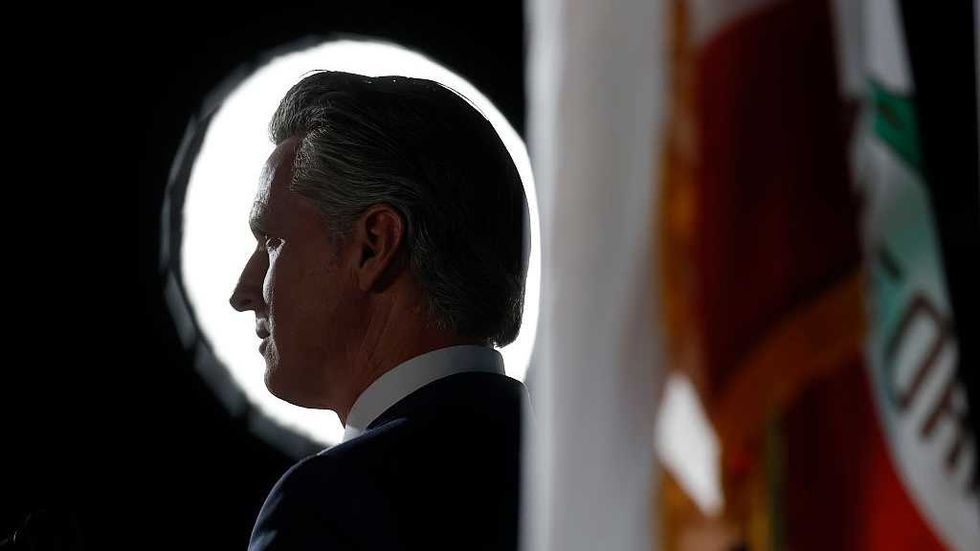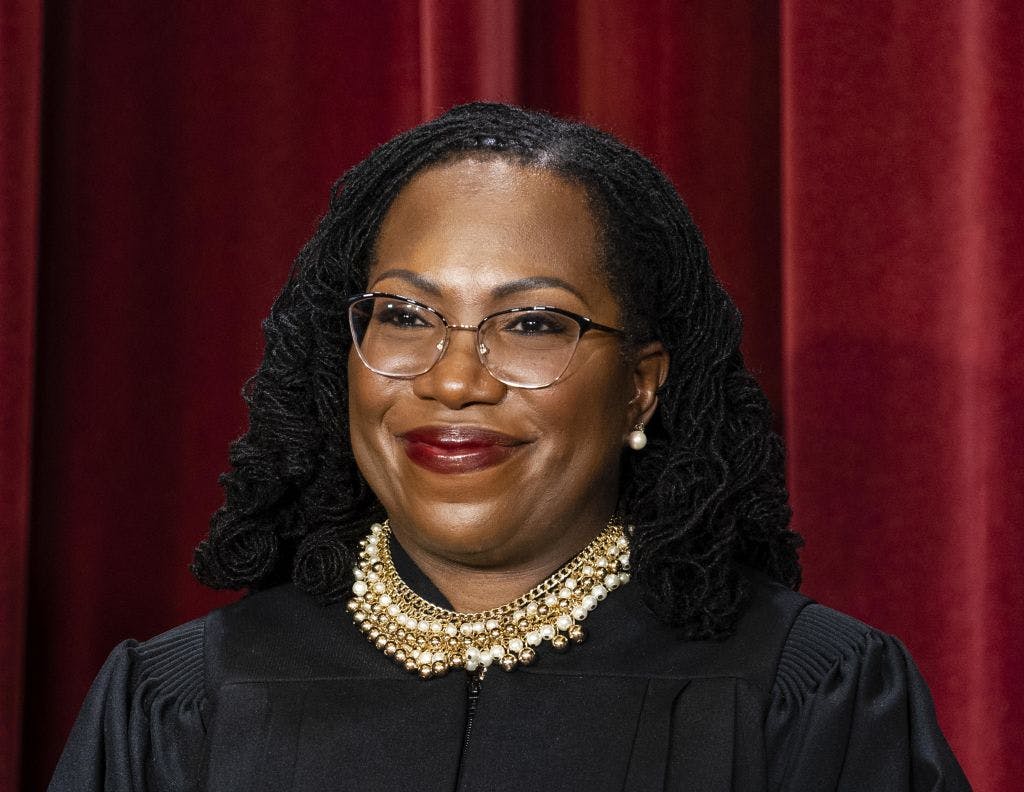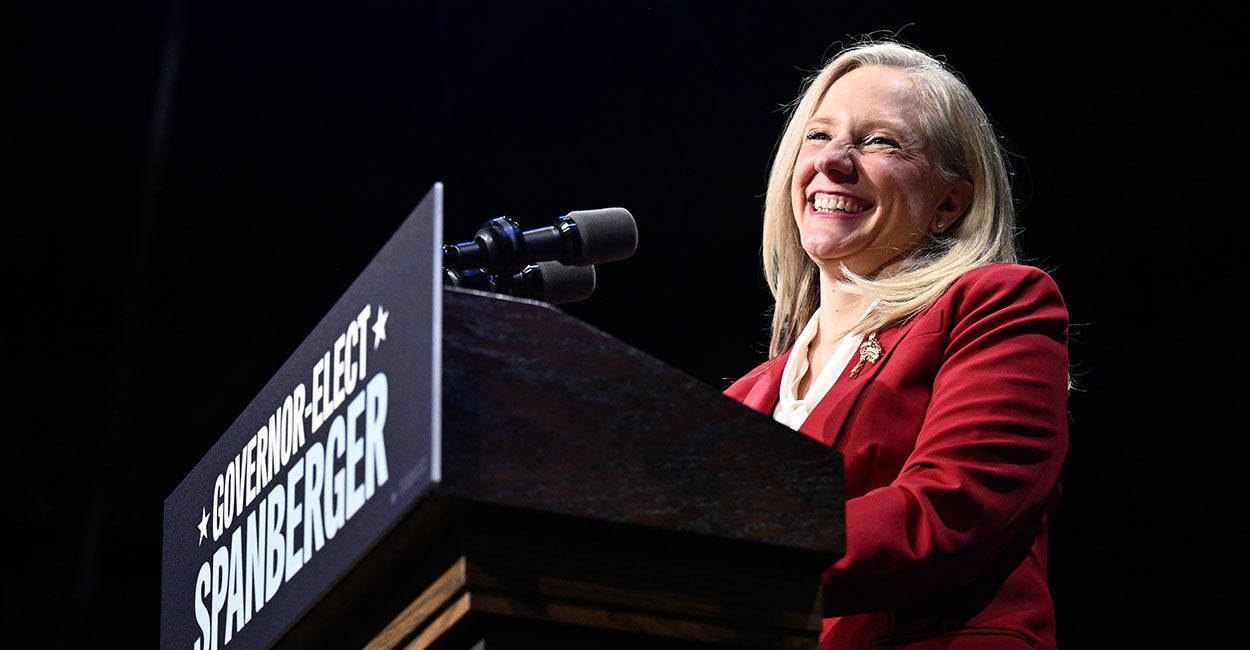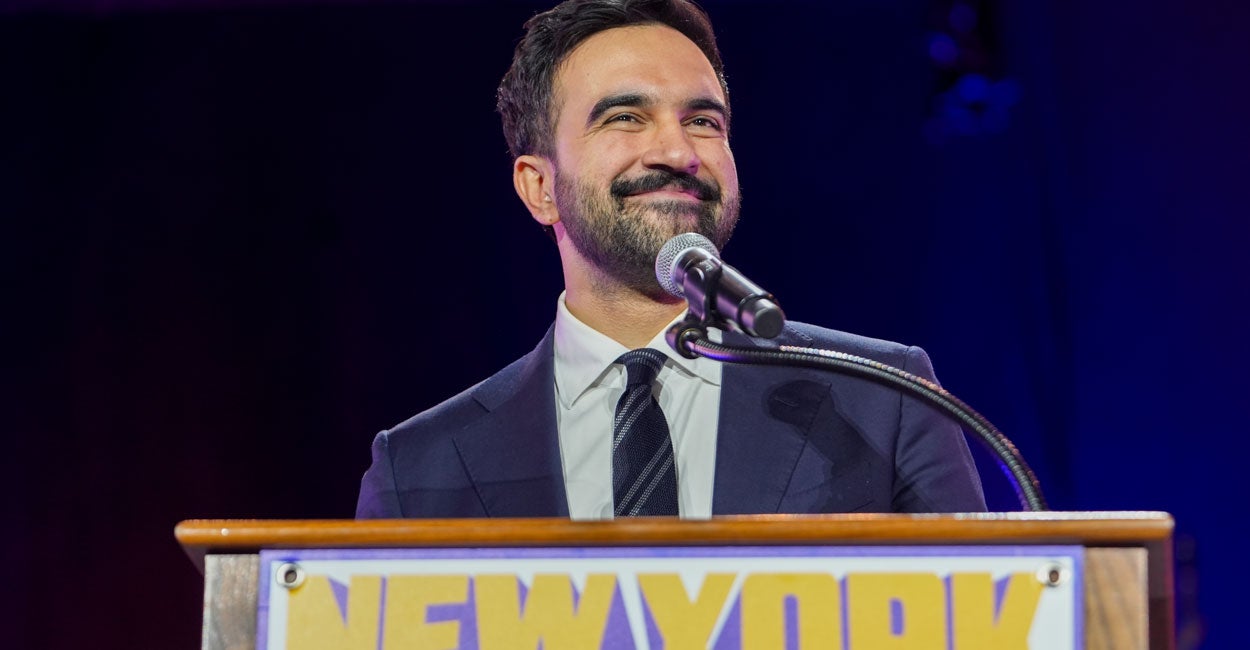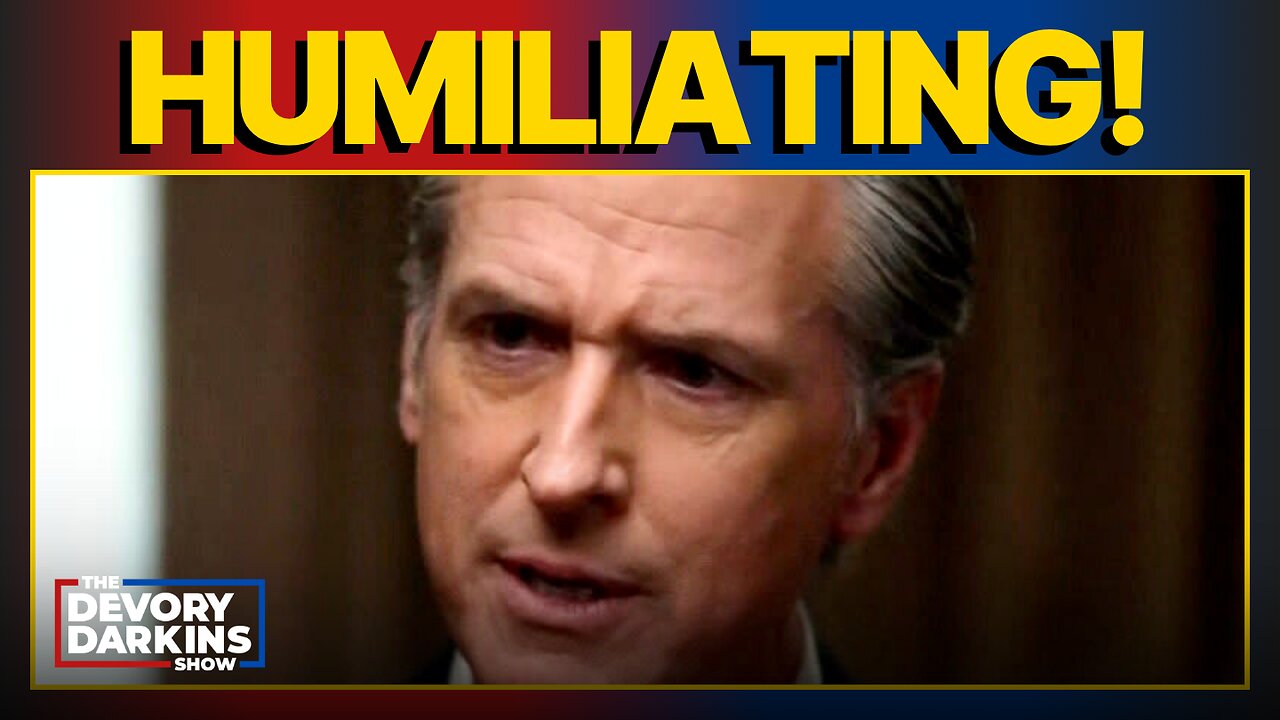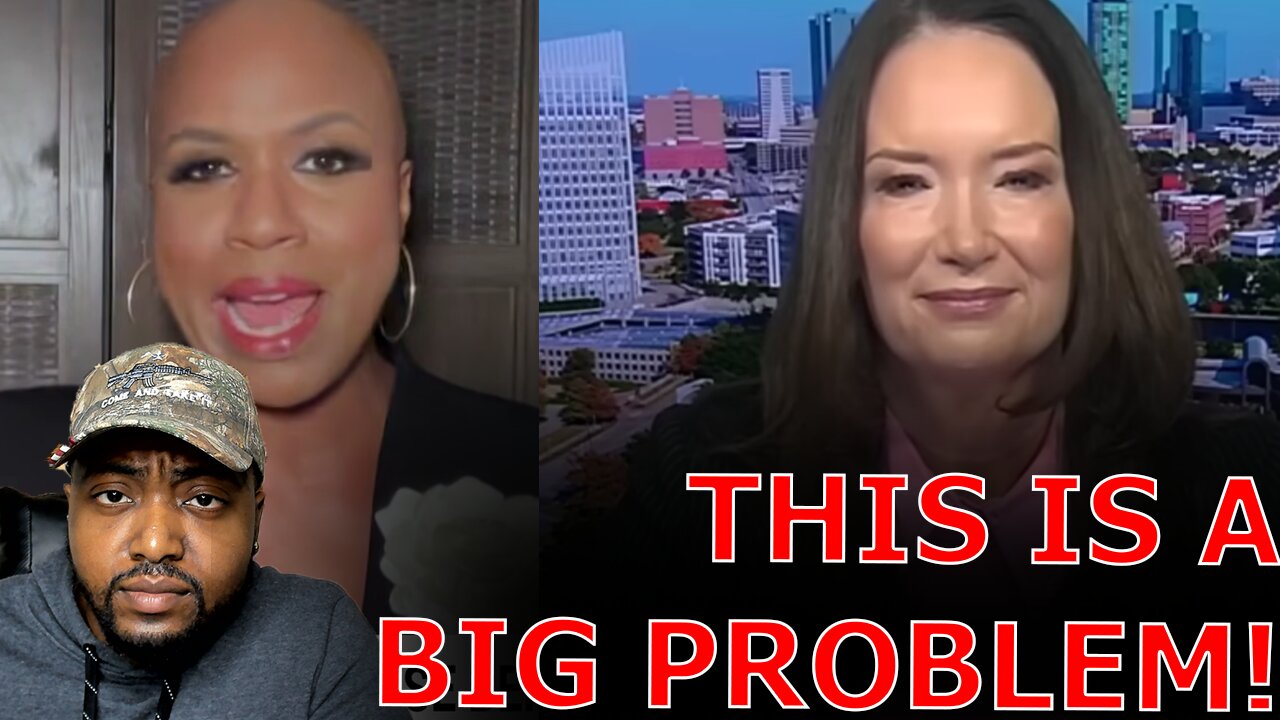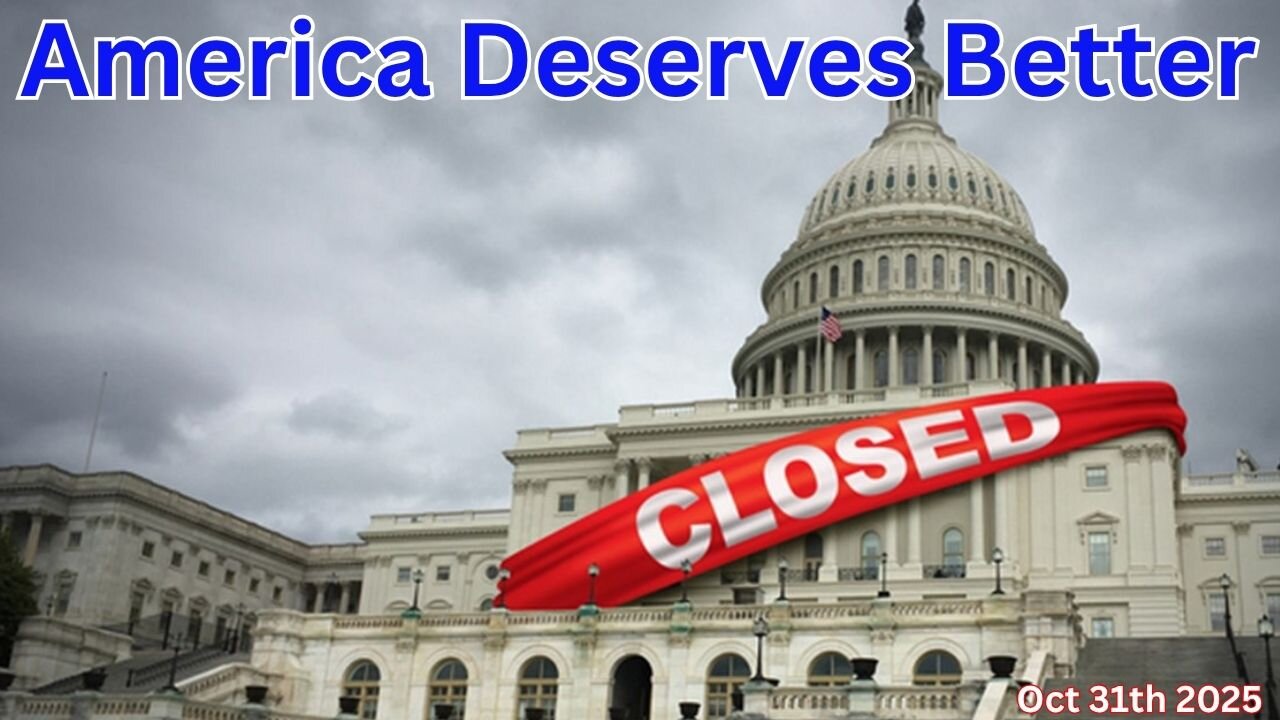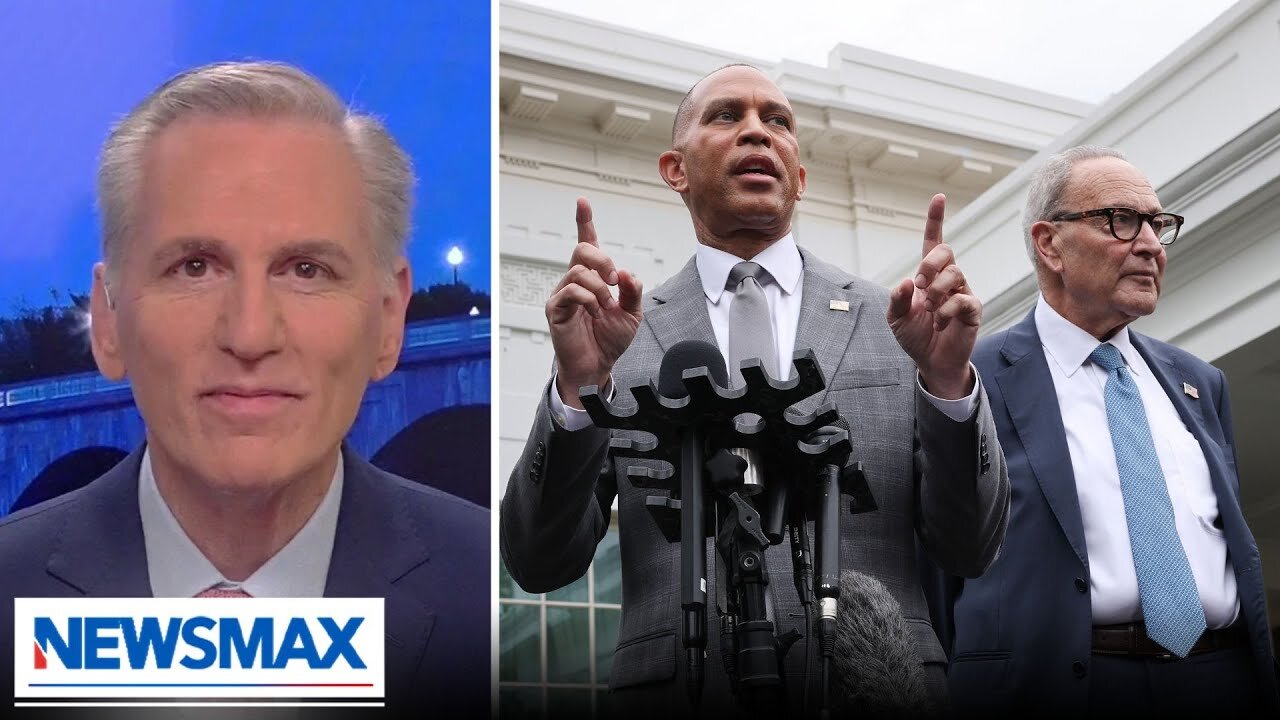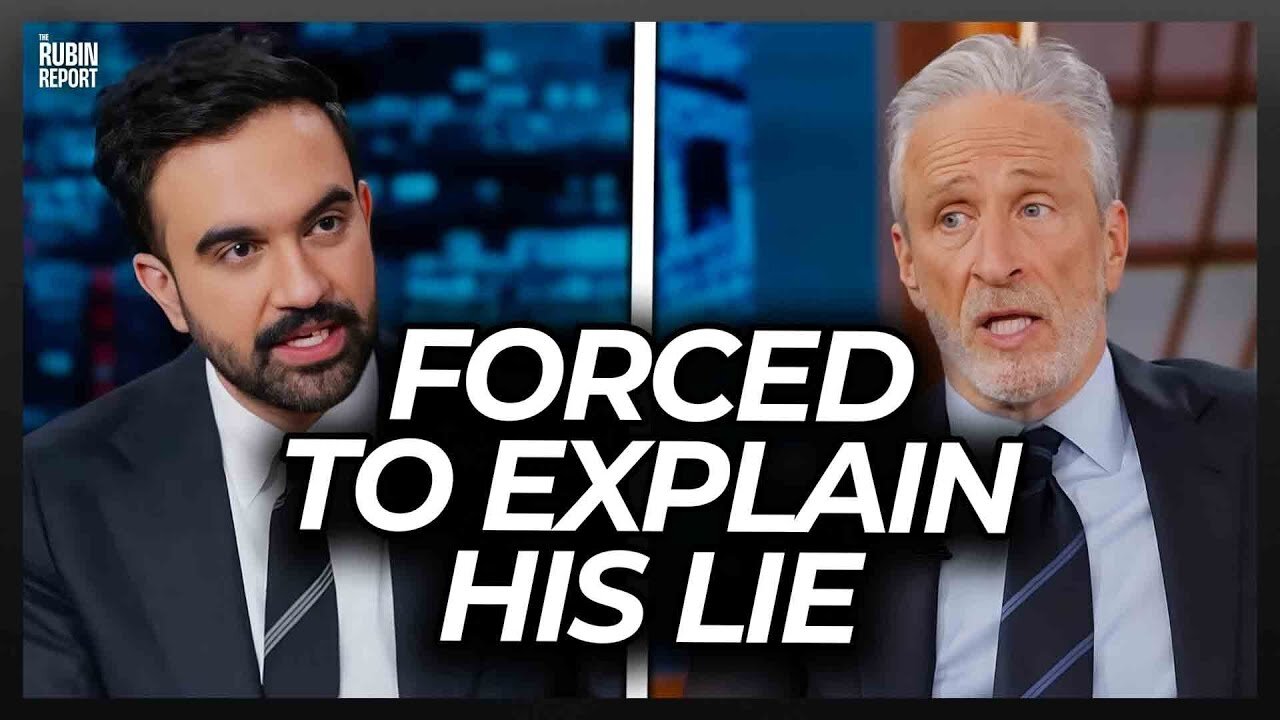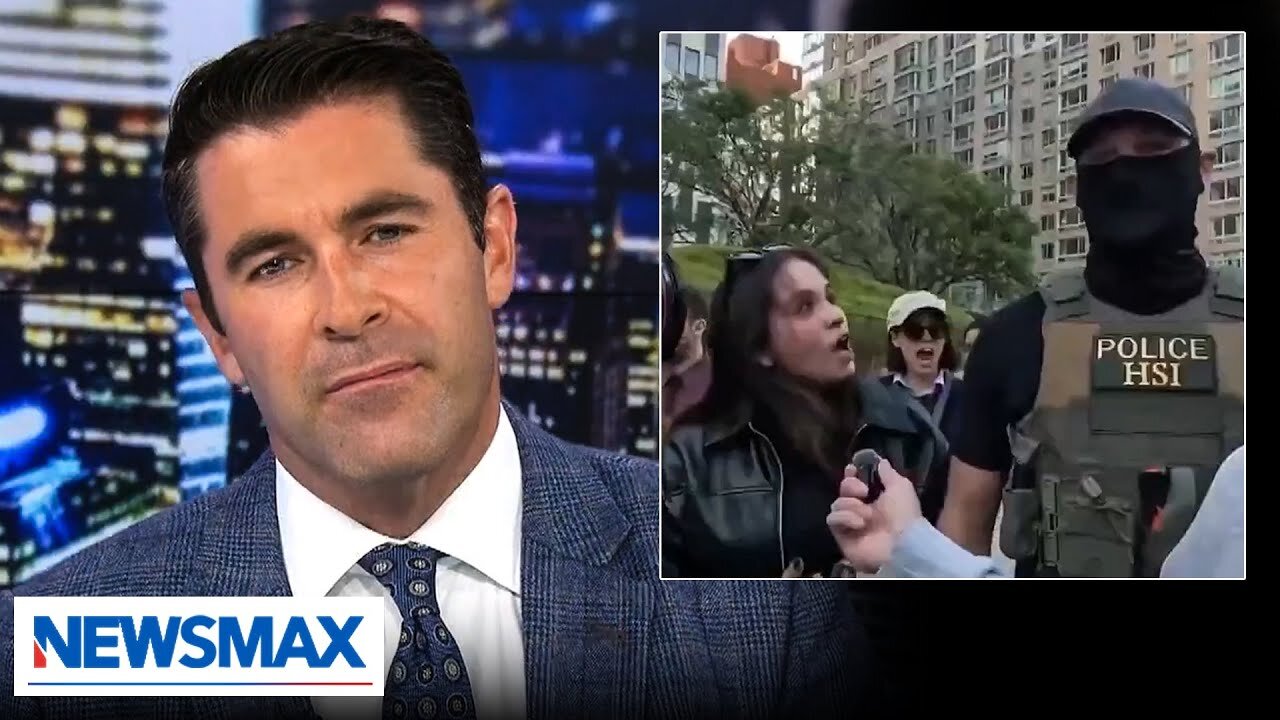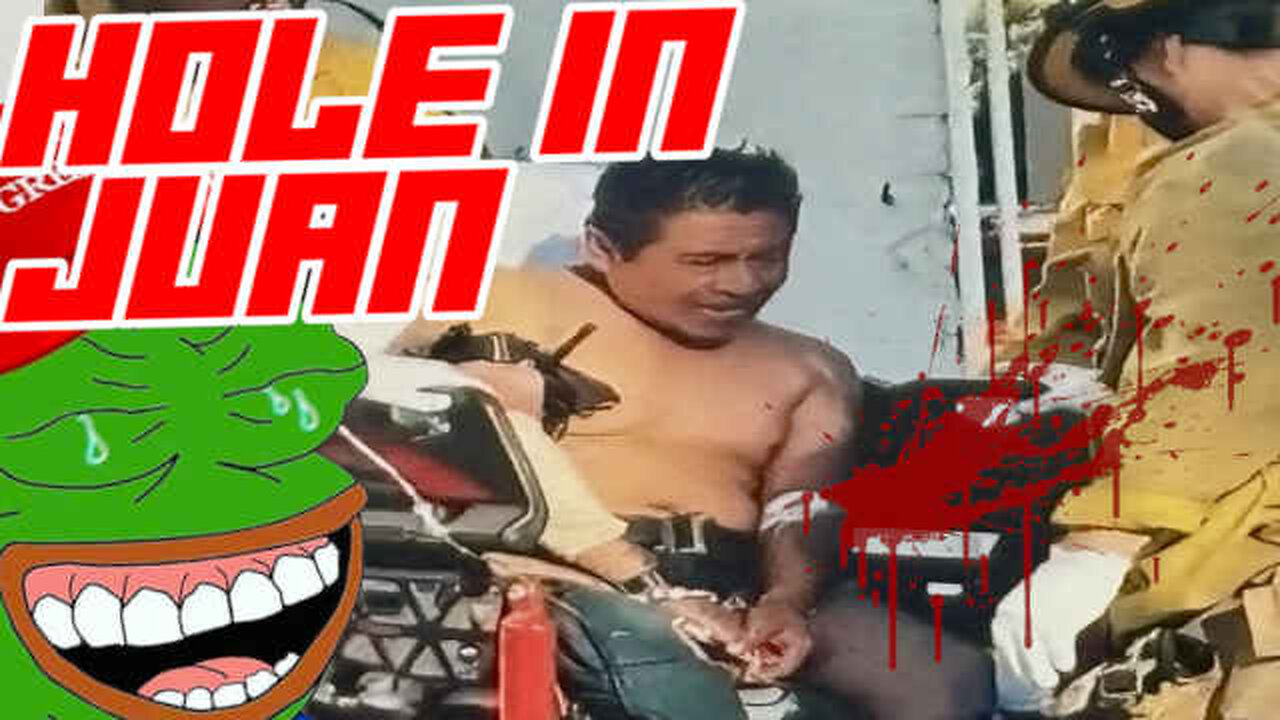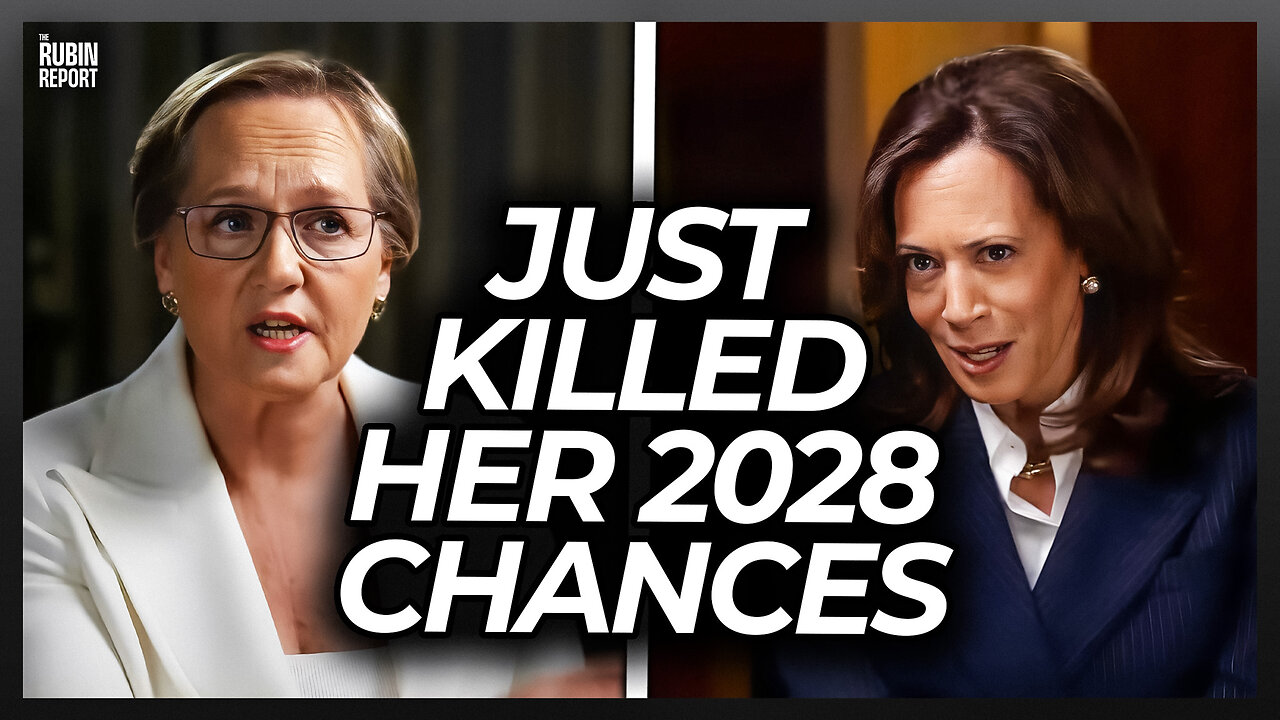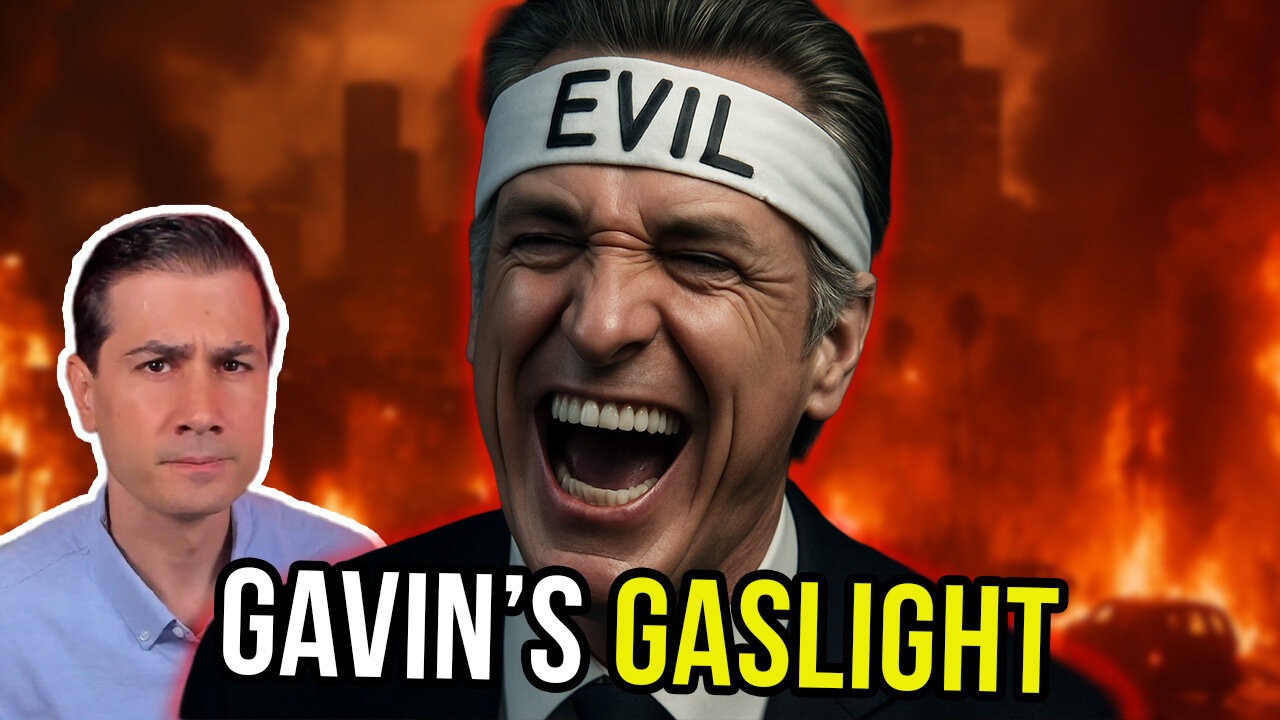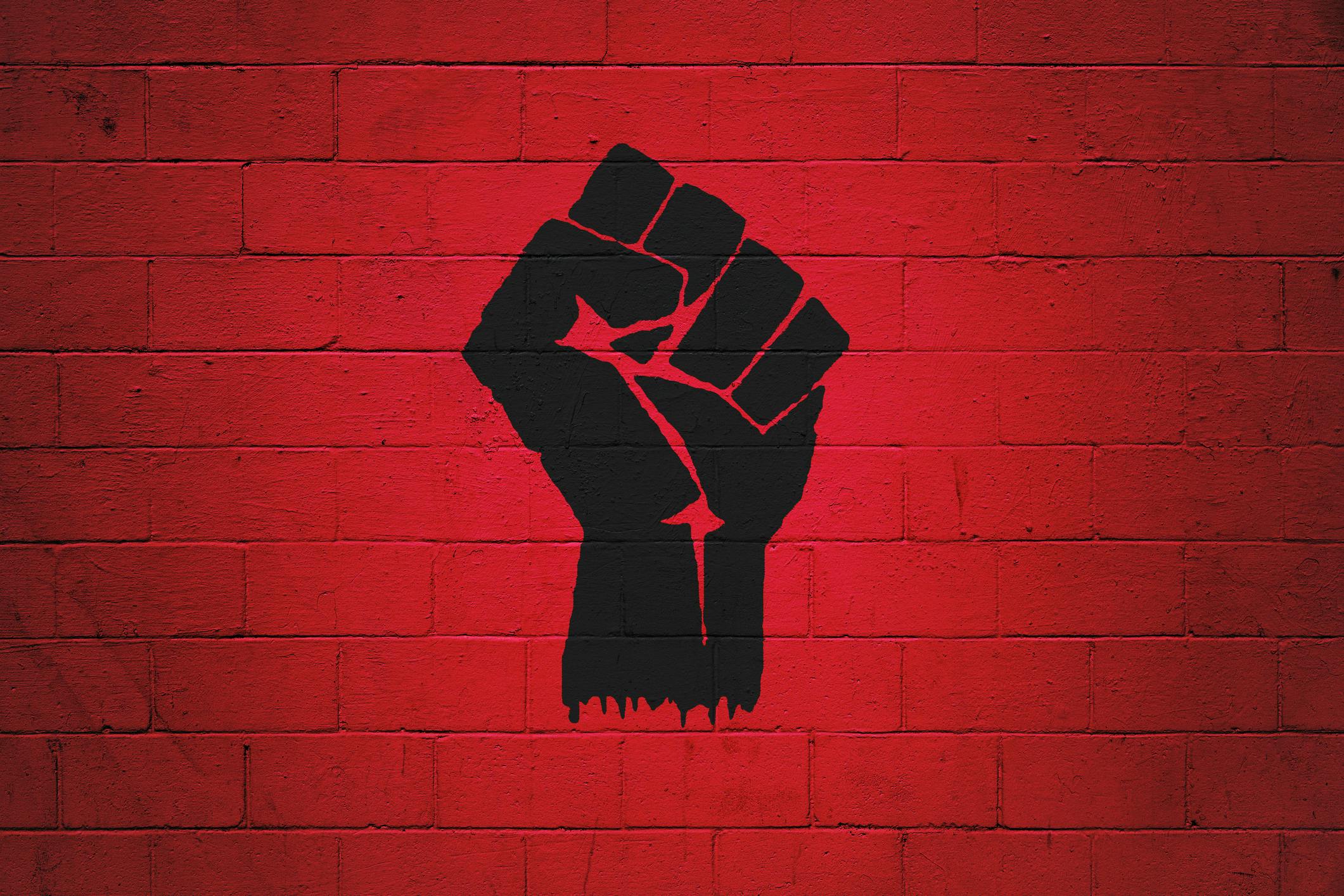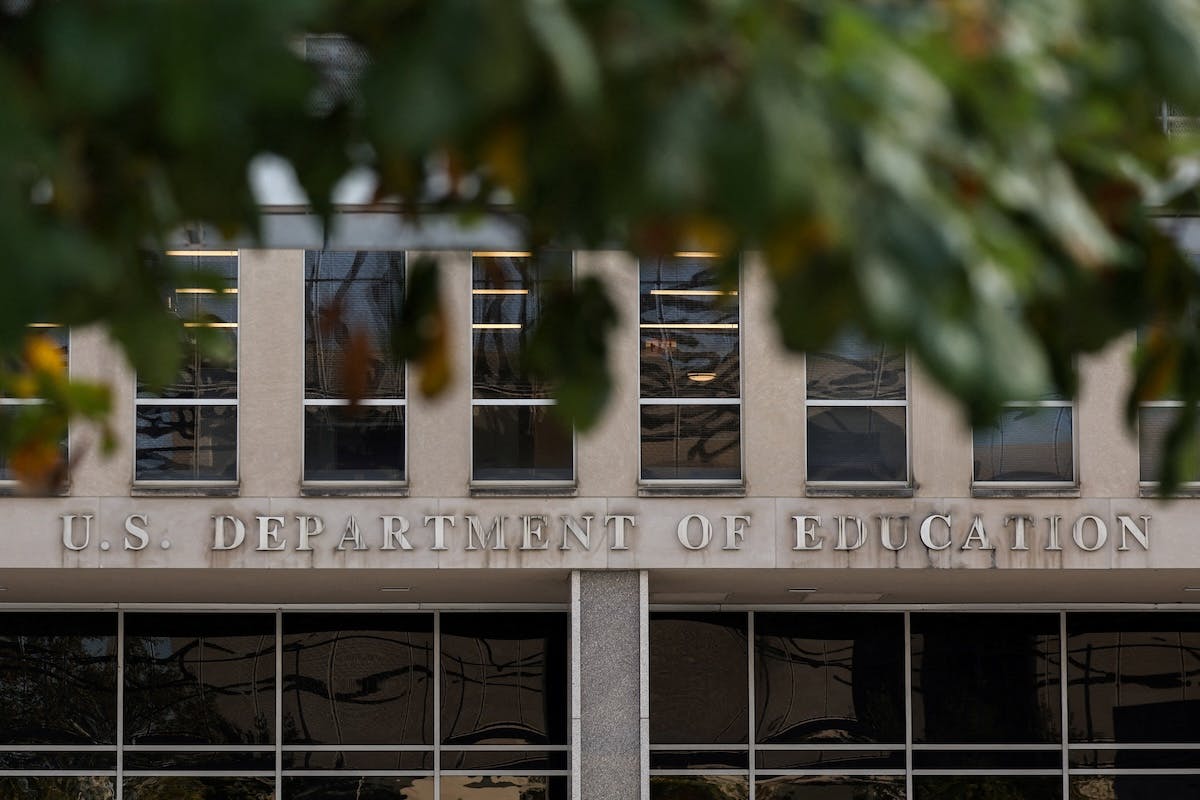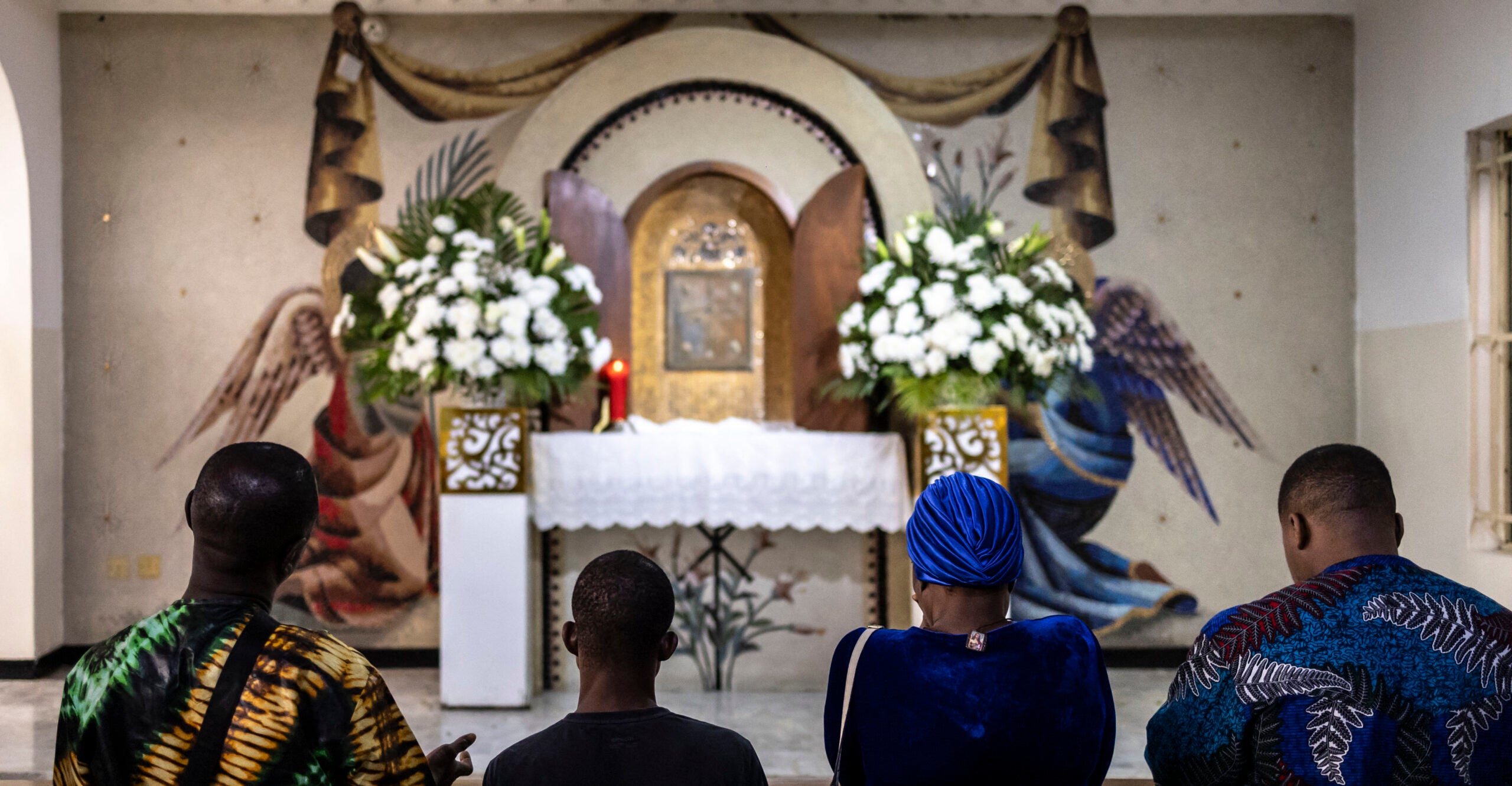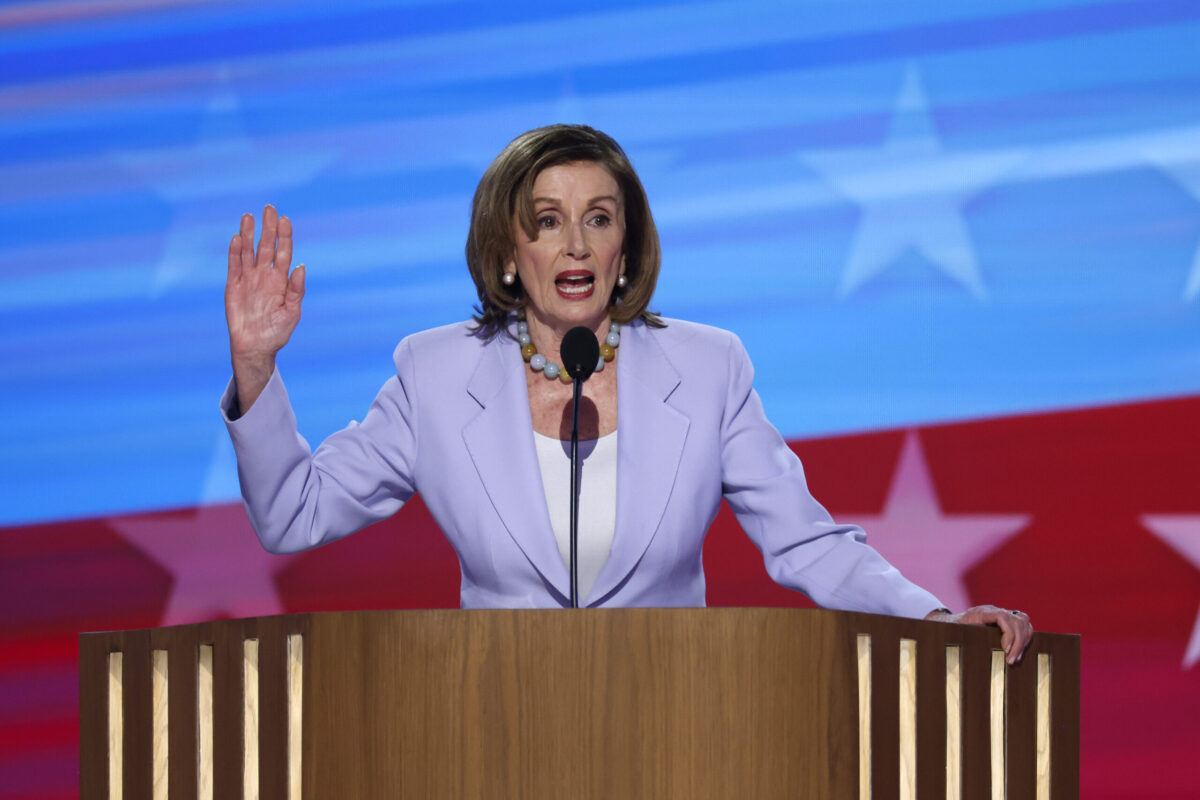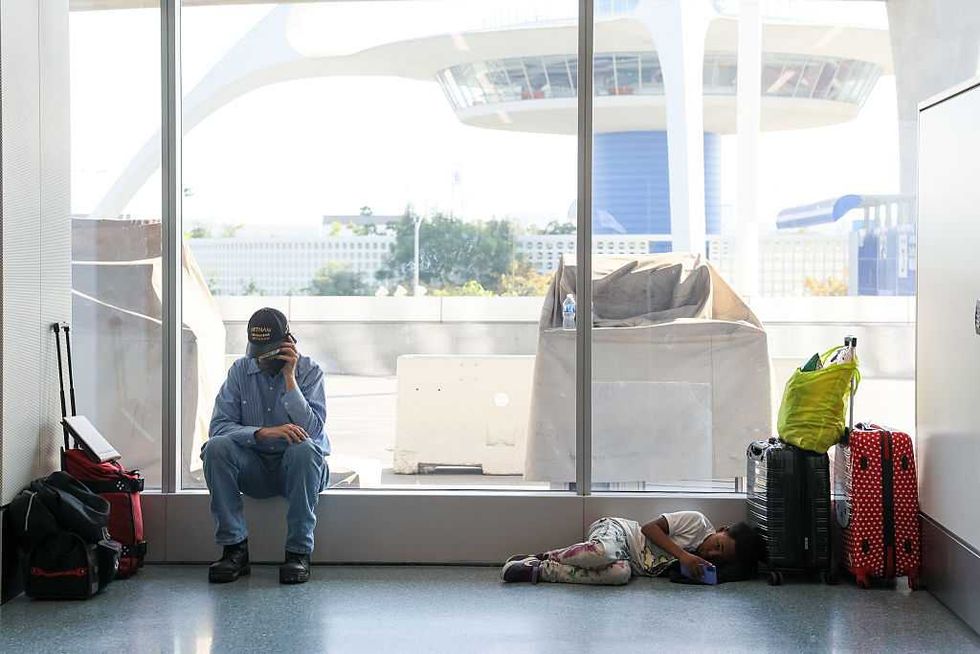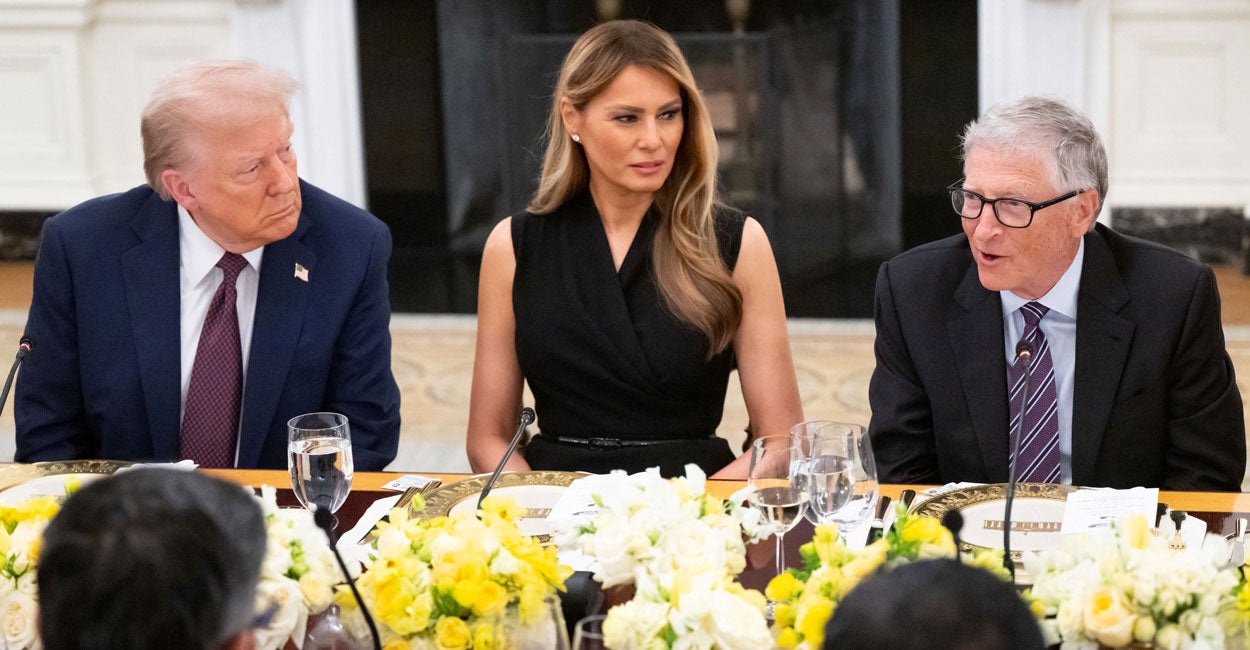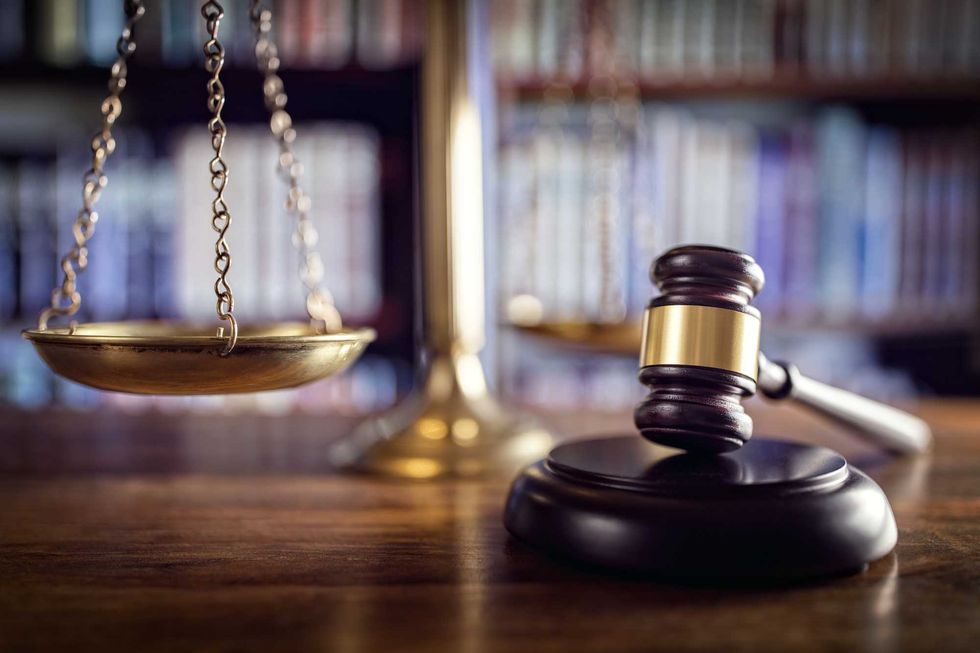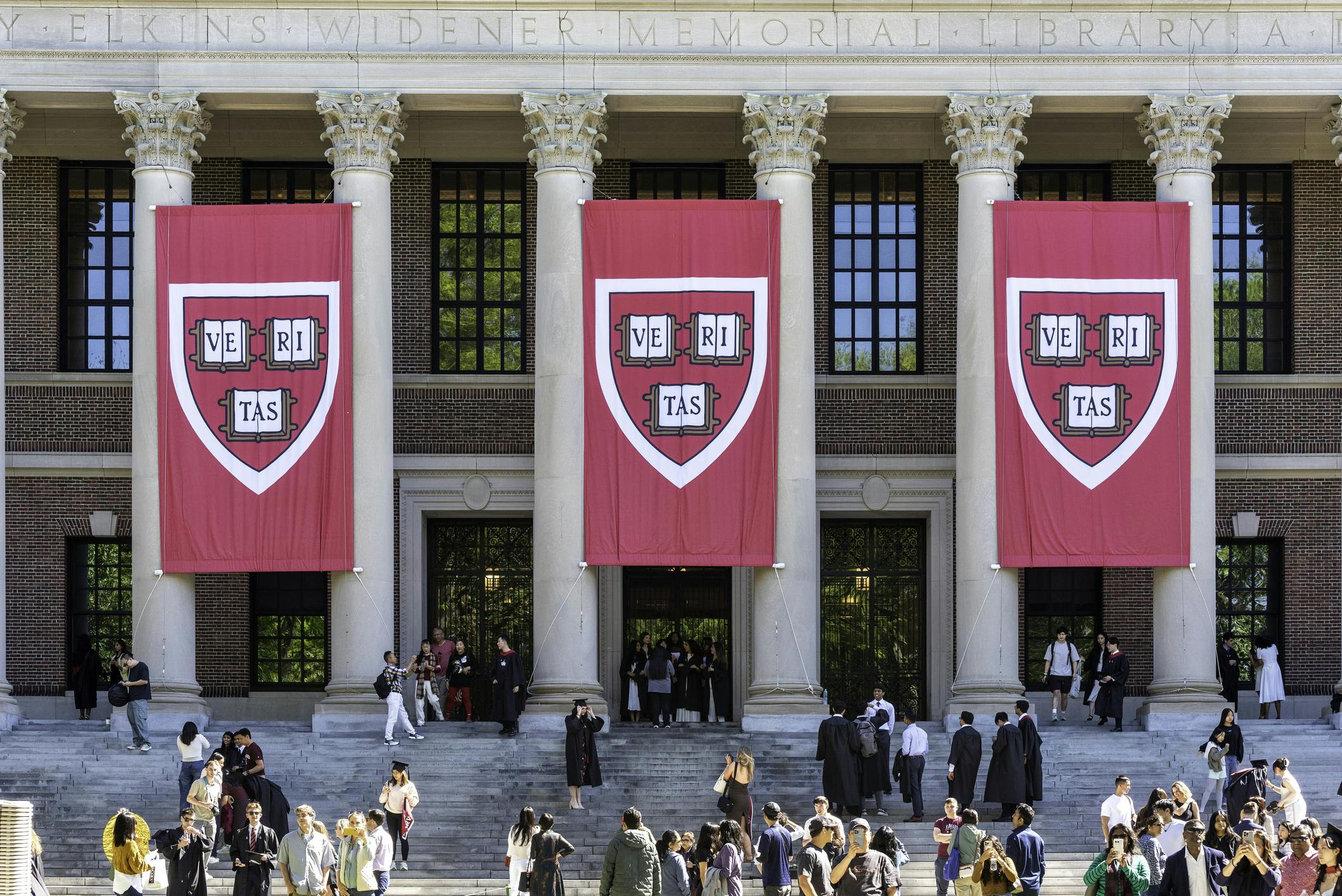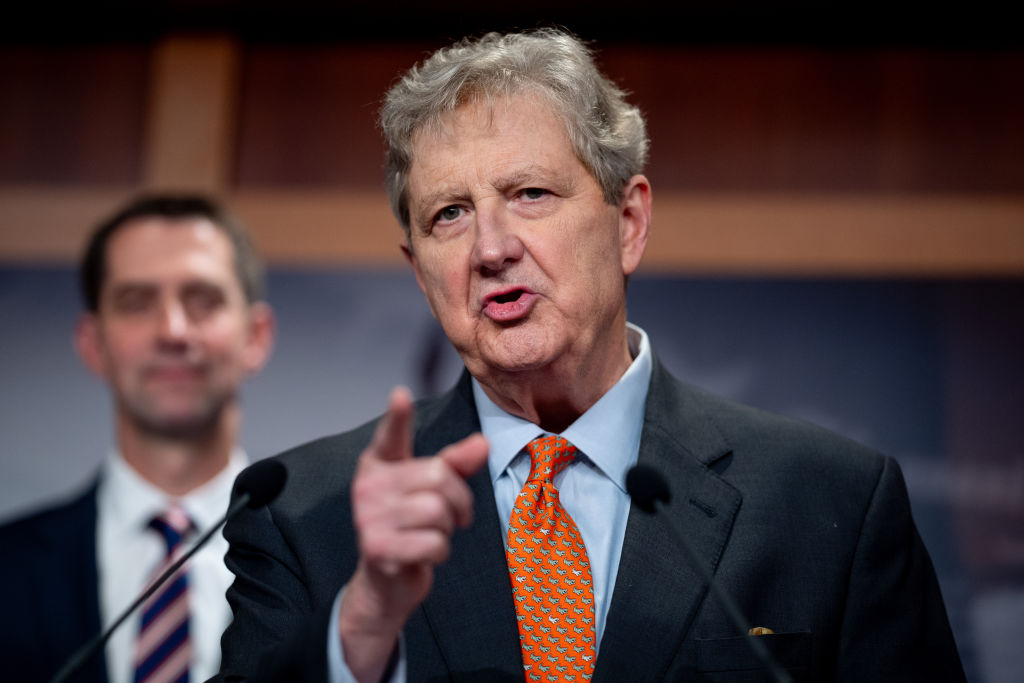This Princeton Scholar Was Once A High-Ranking Iranian Official. Why Is He Still Here?

An Iranian regime insider who once operated at the heart of Tehran’s global assassination network is now collecting a paycheck at Princeton and walking freely on American soil.
His name is Hossein Mousavian — and his presence is a direct insult to every American and Israeli who has lost a loved one to Iranian terror. His past affiliations and statements pose direct threats to national security and the moral consistency of American immigration policy.
Today, Mousavian is a Middle East Security and Nuclear Policy Specialist at the Princeton Program on Science and Global Security. But from 1990 to 1997, Mousavian served as Iran’s ambassador to Germany.
During this period, the infamous 1992 Mykonos restaurant assassinations occurred in Berlin, where four Iranian dissidents were murdered. A German court later concluded that the killings were ordered by Iran’s Special Affairs Committee, implicating the highest levels of the Iranian government.
While Mousavian was not formally charged, the court found that the Iranian embassy in Bonn, which Mousavian led at the time, was identified by the court as a hub for intelligence operations. Testimony from former Iranian intelligence operative Abolghasem Mesbahi asserted that Mousavian was allegedly involved in “most of the crimes that took place in Europe” during his tenure.
More recently, Mohsen Rafighdoost — a founding figure of the Islamic Revolutionary Guard Corps — stated in an interview that the regime was directly involved in the Mykonos killings and suggested Mousavian likely had knowledge of, or was possibly connected to, the broader Iranian assassination program in Europe.
These public confessions don’t just implicate Mousavian in past crimes: they raise alarms about who American institutions are empowering today. The question is no longer what he did, but why he still has access to American students, media platforms, and policy circles.
Rafighdoost also admitted in a separate video interview that the Iranian regime orchestrated assassinations of dissidents across Europe in the 1980s and 1990s. He detailed how the IRGC operated dedicated hit squads and even collaborated with external groups like the Basque separatist movement ETA to carry out these killings. His candid confession sheds light on the Iranian government’s systematic elimination of opposition figures overseas — a program that overlapped with Mousavian’s diplomatic tenure in Europe.
But Mousavian’s troubling record extends beyond history books. In recent Persian-language remarks, he has labeled critics of the Islamic Republic as ‘traitors’ — a term the regime has long used to justify execution, torture, or imprisonment.
Particularly disturbing is his public attack on religious minorities. Following a controversial 2024 speech at Dartmouth College, he blamed a “Zionist journalist,” the “Israeli lobby,” and “traitorous Iranians, including Baha’is,” for protesting his presence. The Baha’i faith is brutally persecuted by the regime — its members are routinely jailed, tortured, or executed simply for practicing their beliefs. By lumping them in with “traitors,” Mousavian echoed the exact language the Islamic Republic uses before unleashing crackdowns. Imagine a former Nazi official labeling Jews as enemies from an American podium. That’s the level of moral offense here.
When Mousavian spoke at Dartmouth, local police were deployed to secure the venue. This resulted in American taxpayer dollars being used to secure a public event featuring a former senior official from a regime known not only for targeting dissidents in Europe but also for threatening American lives and interests.
Rather than addressing these legitimate concerns, Dartmouth officials defended Mousavian’s participation. Iranian-American activists raised direct questions about his complicity in the regime’s crimes, but they were shut down. Event moderator Victoria Holt redirected the discussion, while Professor Ezzedine Fishere, another former diplomat, dismissed concerns by saying, “I am in the business of training students, not convincing you.”
The elite’s eagerness to protect regime operatives while dismissing victims of Iran’s terror machine reveals a dangerous rot. For Iranian dissidents, the Jewish community, and anyone who values liberty and truth, the message is clear: your trauma takes a back seat to regime diplomacy
This moment demands action. Senator Ted Cruz (R-TX) recently called for Mousavian’s deportation on national security grounds, echoing broader bipartisan concerns about regime affiliates residing in the United States. President Donald Trump and Secretary of State Marco Rubio have recently enacted policies aimed precisely at individuals like Mousavian — foreign nationals supportive of terrorism or espousing hateful rhetoric.
Mousavian checks both boxes. He has publicly downplayed or defended groups such as Hamas and Hezbollah, and frequently attributes criticism directed at him to “Zionist lobbies” and “traitors.” Even if Mousavian holds a permanent resident status, historical precedent exists for revoking permanent residency or deporting individuals linked to hostile regimes or involved in activities detrimental to national security.
For example, in 2004, the United States government deported Imam Fawaz Damra, a longtime Cleveland-area imam, stripping him of his permanent residency after it was revealed he concealed his ties and support for terrorist groups when obtaining residency. Damra’s deportation sets a clear precedent: permanent residency is not an unconditional shield against accountability when national security concerns are at stake.
Mousavian’s presence demands immediate investigation by the Department of Homeland Security and revocation of any visa or green card under anti-terrorism provisions. The Trump administration has the tools — and the moral duty — to act. The safety of Americans and the integrity of our immigration system depend on it.
Hossein Mousavian’s continued residence and academic appointment in the United States stand in direct contradiction to the country’s values and security interests. Given his history, statements, and the regime’s confirmed record of extraterritorial assassinations, his presence is indefensible. This is not about academic freedom or political dissent. It’s about protecting America from the enablers of terrorism.
The time has come to ask not only why he is here — but why he was ever allowed to stay.
Dr. Aidin Panahi is an Iranian-American research professor, energy expert, and political activist. He is the cofounder of the “From Boston to Iran” initiative and his analyses on security and policy issues have appeared in outlets including The Jerusalem Post, Washington Times, the Jerusalem Strategic Tribune, Middle East Forum, Homeland Security Today, and Visegrád24. X: @Aidin_FreeIran
The views expressed in this piece are those of the author and do not necessarily represent those of The Daily Wire.
Originally Published at Daily Wire, Daily Signal, or The Blaze
What's Your Reaction?
 Like
0
Like
0
 Dislike
0
Dislike
0
 Love
0
Love
0
 Funny
0
Funny
0
 Angry
0
Angry
0
 Sad
0
Sad
0
 Wow
0
Wow
0

